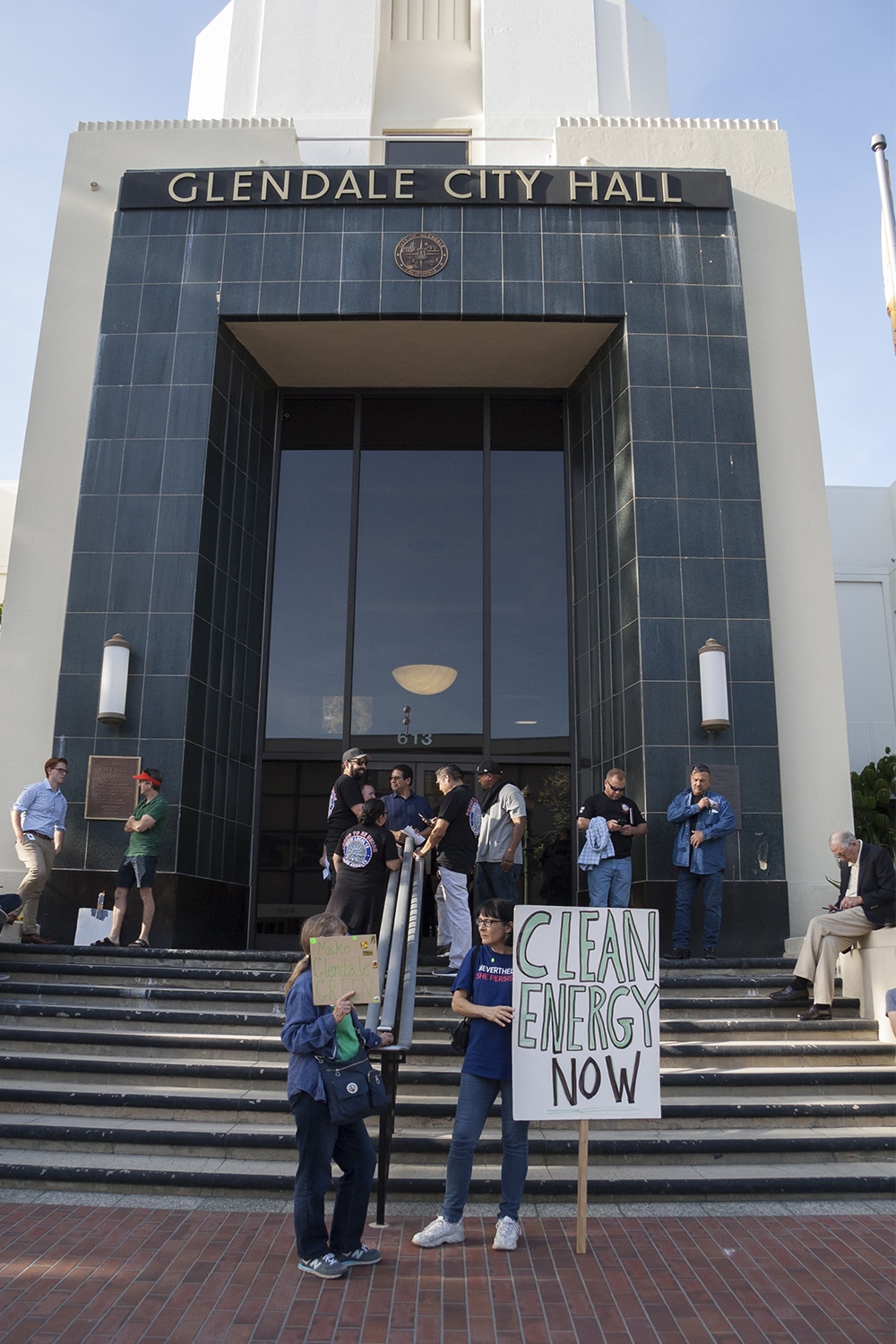
A student gunman murdered 17 students and teachers and injured an additional 14 people in a mass shooting at Marjory Stoneman Douglas High School in Parkland, Florida Feb. 14. Since the school shooting, students around the nation and at Occidental have been engaged in activism regarding gun control.
Occidental’s history with gun control activism began when it became the first institution of any American college or university to ban investments in assault weapon companies, according to the Los Angeles Times and The Occidental. This was a result of a faculty resolution and initiative led by Religious Studies Professor Dale Wright and Urban and Environmental Policy Professor Peter Dreier in February 2015, following the Sandy Hook Elementary School massacre that left 20 children and six educators dead in 2012.
According to past coverage from The Occidental, the faculty resolution called for the board of trustees to divest all stock holdings in companies that produce “military-style assault weapons and high-capacity ammunition magazines for the purpose of sale and distribution to private citizens.” The resolution states that continuing to invest in such companies would make the school complicit in the violence and fear that the guns cause. Occidental Board of Trustees Chair Christopher Calkins ‘67 said at the time that the college did not have any investments in assault weapon manufacturing companies.
The resolution passed with an 85 percent approval from the Board of Trustees, according to Wright.
“It was the only time in the college’s history that the Board of Trustees were willing to divest in stocks under moral grounds,” Wright said.
Occidental students attended the Parkland student-led “March for Our Lives” event March 24 in downtown Los Angeles where protestors marched to LA City Hall. Neah Bois (junior) said she attended the event because she feels strongly about the cause.
“As a young person and as a student, gun violence is an issue I can’t stay silent on,” Bois said.
Bois hails from Utah, an open-carry state. Bois said that it is important that elected officials understand that this is is not a moment, but a movement that will change gun laws in the United States.
Gun violence has also affected the LA area and the Occidental community. A 12-year-old student at Sal Castro Middle School, which shares a campus with Belmont High School in the Westlake area, a Neighborhood Partnership Program (NPP) affiliate, fired several shots that left six people severely injured Feb 1. The NPP program aims to help underrepresented middle school and high school students through outreach in the LA and Pasadena area, according to the NPP website.
Amy Bell (junior) and Kasi Whitaker (senior) are NPP tutors at Belmont High School.
“It’s good to see that the Belmont students have been so active in the protests,” Bell said.
Bell is working alongside former Los Angeles Unified School District (LAUSD) board member and Urban and Environmental Policy Professor Steve Zimmer in an Education Politics and Policy Practicum class to come up with another solution to LAUSD’s random search policy. This policy requires every middle- and high-school campus to conduct daily random searches for weapons using metal-detector wands, according to the Los Angeles Times.
One of the groups in Zimmer’s class chose to focus on school safety before the Parkland school shooting. Bell, a member of this student group, said that the shootings in LA, Parkland and across the nation have changed the political atmosphere and discussion around school safety.
“LAUSD is one of the few school districts that requires the random search policy, which has resulted in discrimination and criminalization of marginalized students,” Bell said.
Jack Carey, a Welsh exchange student from the University of East Anglia, described the differences in the United States regarding shootings.
“Being in the United States, you kind of become acclimatized to these happenings,” Carey said. “The first few are really strange and then after that, you become as desensitized to it as your peers. I have to step back from it all and remind myself that it’s not normal for these shootings to happen so frequently.”
The Parkland students convinced politicians like Florida Governor Rick Scott to sign a gun control bill, which includes a three-day waiting period and raises the purchasing age minimum to 21. Parkland students have also demanded banning bump stocks and assault rifles and advocated for stricter background checks.
Jasmyne Ward (junior) said she does not support recent suggestions by lawmakers to arm teachers.
“The fact that lawmakers are trying to implement band-aid solutions like arming teachers with bats [Philadelphia] doesn’t make sense,” Ward said. “I think the students are right and should continue organizing around this issue because obviously, the government doesn’t get it.”
Wright said he hopes that the upsurge in activism for gun reform continues.
“I hope that it doesn’t just go away. It’s come up before, there’s a school shooting, and then in an upsurge in activism, but this seems different to me,” Wright said.
![]()






























